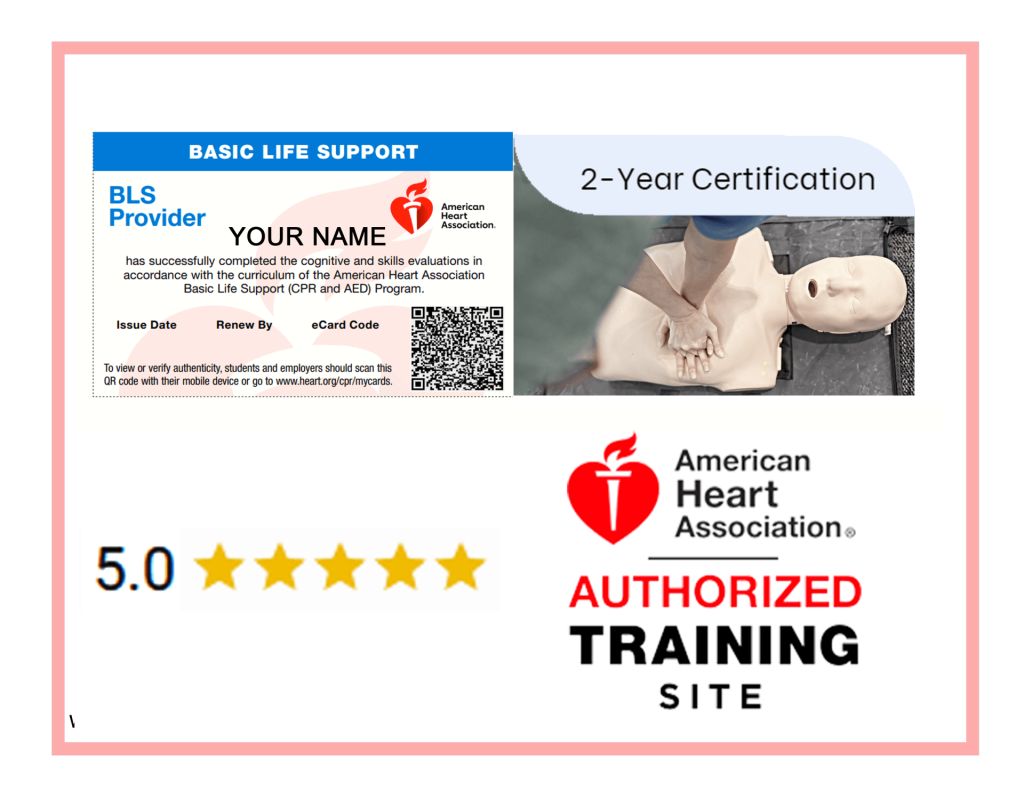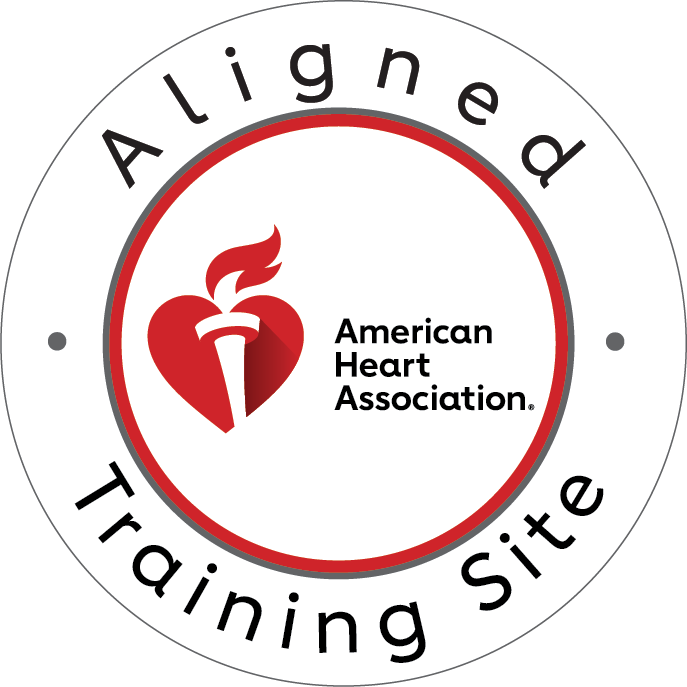Understanding Your AHA CPR Card and Its Importance
Your American Heart Association (AHA) CPR card is an essential credential that validates your ability to perform cardiopulmonary resuscitation in emergency situations. Whether you’re a healthcare professional required to maintain certification for employment, a teacher, a lifeguard, or simply someone who wants to be prepared for emergencies, this small but significant document serves as proof of your life-saving training. However, cards can be misplaced, damaged, or lost over time, leaving you without physical evidence of your certification status.
Many people don’t realize that the AHA has specific procedures in place for obtaining replacement cards. Understanding this process is crucial, especially if you need to verify your certification quickly for employment or educational purposes. This comprehensive guide will walk you through everything you need to know about getting a copy of your CPR card from the AHA, including multiple methods, potential challenges, and helpful tips to make the process as smooth as possible.

When You Might Need a Copy of Your CPR Card from AHA
Before diving into the retrieval process, it’s worth understanding the various situations where having a copy of your CPR card is essential:
Professional Requirements
Many healthcare settings and professions require valid CPR certification as a condition of employment. Whether you’re a nurse, doctor, dental hygienist, physical therapist, or other healthcare provider, having immediate access to proof of your certification is often necessary for:
- New job applications
- Annual employment verification
- License renewal processes
- Credentialing committees
- Insurance compliance documentation
Educational Purposes
Students in healthcare programs, education degrees, and various other fields often need to provide proof of CPR certification to:
- Complete clinical rotations
- Fulfill program prerequisites
- Register for advanced courses
- Graduate from certain professional programs
Volunteer Opportunities
Many volunteer organizations, especially those working with vulnerable populations or in emergency response, require volunteers to have valid CPR certification, such as:
- Youth sports coaches
- Disaster relief volunteers
- Community health outreach programs
- School volunteers and chaperones
Primary Options for Getting a Copy of Your CPR Card from AHA
The American Heart Association offers several pathways to retrieve your certification information, each with its own benefits and limitations:
Option 1: Contact Your AHA Training Center Directly
The fastest and most reliable method for obtaining a replacement CPR card is often contacting the training center where you completed your certification.
Step-by-Step Process:
- Locate your original training center information (from receipts, emails, or course materials)
- Contact the training center via phone or email, providing:
- Your full name (including any previous names used during certification)
- Date of birth
- Approximate date of training completion
- Type of course completed (BLS, ACLS, PALS, Heartsaver, etc.)
- Your instructor’s name (if remembered)
- Request a replacement card, verifying if there are any associated fees
- Inquire about delivery methods (mail, email, or pickup)
Advantages of This Approach:
- Training centers maintain records of all certifications they issue
- Staff can often verify your information quickly in their system
- Some centers may provide digital copies while physical replacements are processed
- Local centers may offer expedited services for urgent needs
Option 2: Access the AHA E-Cards System
In recent years, the American Heart Association has transitioned to a digital certification system called E-Cards, which makes retrieval significantly easier.
Access Process:
- Visit the official AHA E-Cards website at www.heart.org/ecc or search “AHA E-Cards”
- Create an account or log in to your existing AHA account
- Navigate to the “Student Profile” or “My Certificates” section
- Search for your certification history using your personal information
- Select the certification you need and choose the “View/Print Card” option
- Download or print your digital certification card
Important Notes About E-Cards:
- E-cards are only available for certifications issued after the system’s implementation (approximately 2018 for most courses)
- Your email address must match the one provided during your training
- Some employers may require printed copies of digital cards
- E-cards display a QR code that allows for digital verification
Option 3: Contact the AHA Customer Service Center
If you’re unable to reach your training center or access the E-Cards system, the AHA’s central customer service can help with verification.
Contact Process:
- Call the AHA Customer Service at 1-877-AHA-4CPR (1-877-242-4277)
- Provide your personal information for verification
- Explain that you need assistance obtaining a copy of your CPR certification card
- Follow the representative’s instructions, which may include:
- Verifying additional identity information
- Providing course completion details
- Submitting a formal request form
- Paying any applicable replacement fees
What to Expect:
- Customer service may need to research your certification history
- Processing times can vary from a few days to several weeks
- You may be redirected to your training center for specific information
- Some certification types may require additional verification steps
Challenges You Might Face When Getting a Copy of Your CPR Card from AHA
Despite the AHA’s organized systems, several common obstacles can complicate the retrieval process:
Record Retention Limitations
The AHA requires training centers to retain certification records for only two years, though many maintain them longer. If your certification is older, you might encounter difficulties, especially if:
- The training center has closed or changed ownership
- Records were lost due to system changes or data migration
- Your certification predates digital record-keeping
- Instructor records weren’t properly synchronized with the main database
Identity Verification Issues
To protect certification integrity, the AHA enforces strict identity verification. Problems might arise if:
- You’ve changed your name since certification
- Your contact information has changed significantly
- You don’t remember precise course dates or details
- You completed training through a third-party organization
Course-Specific Complications
Different AHA courses have different record-keeping protocols:
- BLS (Basic Life Support) cards typically have the most robust tracking
- Heartsaver and First Aid courses might have less comprehensive record-keeping
- Specialized courses (ACLS, PALS) often require additional verification
Advanced Solutions for Difficult Situations
If standard retrieval methods prove unsuccessful, consider these alternative approaches:
Certification Verification Letters
Many training centers can issue formal verification letters that serve as official documentation of your certification status. These letters typically include:
- Your name and certification ID
- Course completion date and expiration date
- Course type and training center information
- Official letterhead and instructor signature
These verification letters are often accepted by employers as temporary substitutes while replacement cards are processed.
Instructor Verification
If you remember your instructor’s name, contacting them directly can sometimes help, especially in cases where:
- The training center has changed systems
- Records were not properly transferred
- You completed a community or special event training
Instructors often maintain their own records and can provide written confirmation of your participation and successful completion.
Expedited Recertification
In some urgent situations, especially when certification expiration is approaching, the most practical solution might be to simply recertify:
- Most CPR courses can be completed in a single day
- Recertification courses are typically shorter for those previously certified
- Current certification resolves any questions about previous credentials
- Many centers offer express or private sessions for urgent needs
Preventing Future Card Loss Issues
To avoid facing this situation again, consider implementing these preventive measures:
Digital Backup Strategies
Create multiple digital copies of your certification by:
- Scanning your physical card at high resolution
- Taking clear photographs from multiple angles
- Saving digital copies to cloud storage
- Emailing copies to yourself and trusted contacts
- Creating a dedicated certification folder on your computer
Physical Duplication Methods
Protect your original card and create backups by:
- Laminating your original card to prevent damage
- Making color photocopies for your records
- Keeping copies in multiple locations (home, office, wallet)
- Storing the original in a secure document folder
Record-Keeping Best Practices
Maintain comprehensive records of your certification by:
- Creating a certification tracking spreadsheet with:
- Training center name and contact information
- Instructor name and ID number
- Course completion date and expiration date
- Certification number and any special identifiers
- Receipt numbers or payment confirmation codes
- Setting calendar reminders for recertification deadlines
- Keeping course completion notices and receipts
Understanding CPR Card Validity and Verification
An important aspect of CPR certification is understanding how employers and organizations verify cards:
Standard Verification Methods
Most organizations accept CPR cards through:
- Visual inspection of physical cards
- Verification of digital E-Cards
- Scanning QR codes on newer certifications
- Contacting training centers directly
- Checking the AHA verification database (for certain certification types)
Expiration and Renewal Considerations
When retrieving replacement cards, pay special attention to:
- Current certification status (active vs. expired)
- Time remaining before recertification is required
- Any interim changes to certification requirements
- Updates to course content that might necessitate full recertification
Call to Action: Maintain Your Life-Saving Skills and Certification
Keeping your CPR certification current isn’t just about having documentation—it’s about maintaining the skills that could save someone’s life. If you’re in the Kansas City area and need to renew or obtain CPR certification, CPR Kansas City offers comprehensive American Heart Association training options.
CPR Certification Kansas City
Don’t wait until an emergency situation to discover your skills or certification have lapsed. CPR Kansas City provides stress-free, hands-on training in a supportive environment, with flexible scheduling options to accommodate busy professionals. Our certified instructors ensure you not only pass the course but truly understand the life-saving techniques you’re learning.
BLS Certification Kansas City
Healthcare providers requiring Basic Life Support (BLS) certification can trust CPR Kansas City’s specialized healthcare provider courses. As an official American Heart Association training site, we offer both initial and renewal BLS certification with the most current guidelines and techniques. Our hands-on approach ensures you’ll be confident in your abilities when facing real-world emergencies.
Conclusion: Securing Your CPR Certification Documentation
Obtaining a copy of your CPR card from the AHA might require some effort, but the process becomes manageable when you understand the available options and potential challenges. Whether you contact your original training center, access the E-Cards system, or reach out to AHA customer service, maintaining proof of your life-saving skills is worth the effort.
Remember that your CPR certification represents more than just a requirement for employment or education—it represents your preparedness to respond effectively in emergency situations. By keeping your certification current and your documentation accessible, you’re demonstrating your commitment to being a potential lifesaver when seconds count.
For additional questions about obtaining copies of your CPR card or to schedule new certification training, contact CPR Kansas City, your local American Heart Association training site dedicated to providing the highest quality CPR and first aid training in the Kansas City area.




